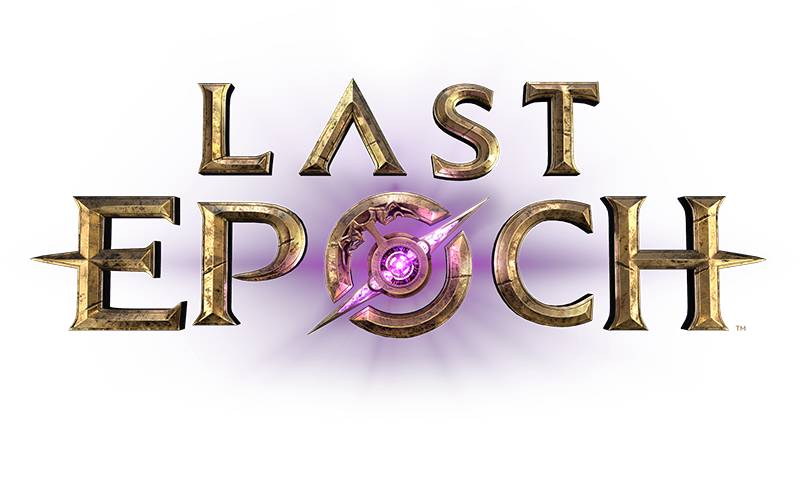What is Trade?
When people think of “Trade” in online games, their mind sees a “Trade window” with two sides, and double “Accept” buttons for both players to click to validate the trade. The reason is because that’s what all other online games have. The problem with that form of “Trade” is that it instantly manufactures an “economy”, because the trading is going in a bi-directional way, where someone can “profit” from the “sale” (trade) of a rare item for something deemed “equivalent” in value, but in reality, is able to gain more than they give up.
So, lets get that picture out of your mind.
A New Idea
Instead, imagine a community-oriented system. In this system, players can give each other items they don’t need. There is no inherent bi-directional “trade” or exchange. There is only “Giving” and “Receiving”. It would function like that little tray of pennies next to the cash register which says “Leave a penny, take a penny…”
One example of such a system would be an Item Donation Bank. You’d open the dialog window and see a “List” of items. The list shows all the donated items from all other players. It would, of course, be searchable/filterable. You can select any item off of the list, and click a “Take item” button. You get the item off of the list into your inventory (gotta have the open space for it!) and its removed from the list.
Conversely, there would be a different dialog window where you “Donate an item”. It has an open space for an item. You drop in an item, and click the “Donate" button. That item disappears from your inventory and goes on the List in the Item Donation Bank.
Balance?
To prevent characters from getting items “too early” (too low level) and hording/saving them, you invent a mechanism (per character) which tracks the highest Item Level you’ve donated to the system. It then uses that Item Level as a limit/restriction for what Item Levels of items you can take from the system. This also prevents any “new account” malfeasance. Or, if not that mechanism, then some other method could be devised to “protect” the system from misuse.
To get players to donate, an “incentive” could be devised. From something as simple as gold, to as complex as cool character buffs which last a short duration based on the level & rarity of the item donated. The ideas are limitless here.
Summary
Now, the question is… is it “Trade ™” ? I mean… yes, technically.
Is it that image you had in your head of Trade like in other ARPGs? Nope.

